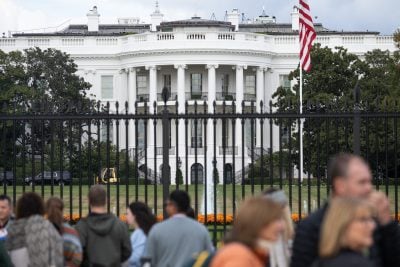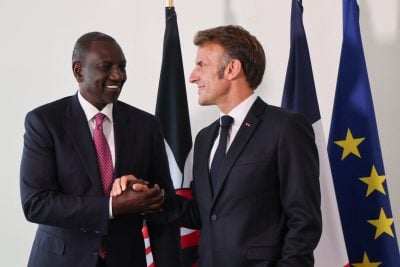Ethiopia’s embattled prime minister Abiy Ahmed, whose forces face accusations of war crimes, has raised hopes of peace after making progress in ending hostilities in the 14-month conflict centred in the northern province of Tigray.
As the country celebrated Orthodox Christmas on 8 January, the government released political prisoners, including senior members of the Tigray People’s Liberation Front (TPLF) and Jawar Mohammed, founder of the Oromia Media Network.
Adding to signs of peace, the prime minister discussed “strengthening cooperation” with US President Joe Biden, and allowed the African Union’s high representative, former Nigerian president Olusegun Obasanjo, to meet leaders of the TPLF.
“The shifts are real,” says Alex de Waal, executive director of the World Peace Foundation at the Fletcher School of Law and Diplomacy at Tufts University.
The good will comes after government troops recaptured several strategic towns from Tigray fighters late last year.
The advances reversed a string of rebel victories in early November that at one point saw Tigray troops seize Dessie and Kombolcha, two key towns on the road between Tigray and Addis Ababa. On 3 November the Oromo Liberation Army (OLA), an ethnic Oromo group fighting alongside the TPLF, even claimed to be on the outskirts of the capital city of Addis Ababa.
Analysts say the change of tone is based on Ethiopia’s purchase of armed Turkish drones which have helped to turn the tide of war and threatened further trade backlash form the United States.
Conflict simmers on
Despite subsiding belligerency from the government, the Tigray region is still mired in conflict.
Humanitarian organisations have accused the government of launching indiscriminate drone attacks that have killed hundreds of women and children.
Tedros Adhanom Ghebreyesus, director-general of the World Health Organisation, said on Twitter that he was “deeply concerned about reports of another drone strike in Tigray, resulting in injuries and death of too many civilians”. The government denies these claims.
The UN secretary-general, António Guterres, said he was “delighted” to learn that a “demonstrable effort to make peace” is underway but conceded that ongoing military operations “remain a challenge to the peace process and sour the confidence building measures that we hope are being taken by all parties in the conflict”.
Battle-scarred economy
The possibility of a ceasefire has raised hopes that Ethiopia can return to a pre-war period when analysts and observers were bullish on the country’s break-neck growth rates.
Abiy held the promise of transforming the economy by liberalising the banking and telecoms sectors as part of an ambitious economic reform programme.
On the prime minister’s watch, the country has also been touted as the most likely African country to replicate Asian development models by lifting millions out of poverty through light manufacturing.
Yet the conflict has unravelled reform plans and caused investors to flee.
“Grants and loans have dried up. Its credit rating is rated “junk” and the country is considered “uninvestable” by the private sector,” says de Waal.
The IMF has omitted to provide growth predictions for 2022 and 2023, due to the difficulties associated with conducting an economic appraisal during a war.’
However, some analysts remain hopeful.
“2022 will be the year the economy starts to regain its growth momentum after sustaining the impact of the global Covid pandemic, and also the impact of the conflict in the northern part of the country, which I expect will end very soon,” says Zemedeneh Negatu, global chairman of the Fairfax Africa Fund.
“I expect significant investments by the government to rebuild infrastructure and other facilities damaged during the conflict and resettling people back to their normal life. Furthermore, by redirecting most of its financial resources to economic activity, the government will be able to contribute positively to the growth momentum,” he continues.
Negatu hopes that a ceasefire could kickstart economic recovery, with reforms picking up where they left off.
The government could also issue its second telecom licence to private companies as part of efforts to privatise 40% of Ethio Telecom, the state-owned operator. While Ethiopia’s first local exchange, the Ethiopian Securities Exchange (ESE), could also be launched in 2023.
“My overall view is the long-term fundamentals of the Ethiopian economy are still attractive despite some of the short-term challenges it has faced. There are very few early-stage emerging economies left in the world who still have the potential to be the “next China”, albeit on a smaller scale, and Ethiopia is one of them”.
Want to continue reading? Subscribe today.
You've read all your free articles for this month! Subscribe now to enjoy full access to our content.
Digital Monthly
£8.00 / month
Receive full unlimited access to our articles, opinions, podcasts and more.
Digital Yearly
£70.00 / year
Our best value offer - save £26 and gain access to all of our digital content for an entire year!
 Sign in with Google
Sign in with Google 



